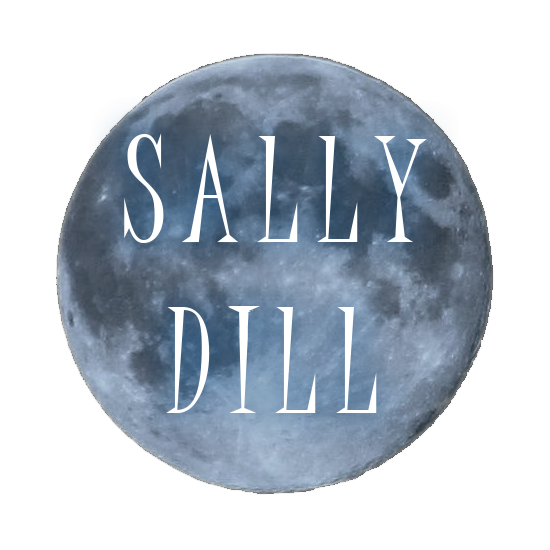Nightlifer Disorder?
Night—It’s a Good Thing
Is being a nightlifer really a disorder? Do we really want to find a cure?
Is Being a Nightlifer (Night Owl) Really a Disorder?
After extensive research on Delayed Sleep Phase Disorder (DSPS), I am feeling a little down. As much as I appreciate the support, literature and studies on the subject of sleep, I am having a hard time accepting the fact that I have a disorder. Do I need to be fixed? Or better yet, do I want to be fixed? And is a treatment for delayed phase sleep disorder what is best for those diagnosed and, perhaps the more important question we should be asking, is curing those of their delayed sleep phase disorder what is best for society? I understand that as much as I embrace my unorthodox circadian rhythm, there are others like me who are desperate for a fix. I get it. The life of a night owl is often riddled with isolation, inconvenience, and harsh judgment from others. But with support, effort, and education we can bring awareness to the struggles night owls face and the benefits of accommodating their needs.
However, before we expect daylifers to accept our place in the world, night owls must first accept themselves.
Nighttime is the Best Time
I know my enthusiasm for the night perplexes a lot of people. The night is for sleeping. Why can’t I be like everyone else and let the sun be my guide through life? Well, technically the sun is my guide—when it disappears, I get a burst of energy that enables me to continue working long after everyone else has petered out. Granted, I rise a little later than most, but there are enough people scrambling about in the mornings—I would just be in the way. I can’t imagine myself taking pills or mulling through years of therapy so that I, too, can live a life of traffic, phone calls, meetings, crowds, queue lines, and sunburn. Been there, done that. Therefore, if my disorder affords me a life of peace, quiet, freedom, and unencumbered creativity, then so be it. I’m okay with my night owl status and all the term implies.


